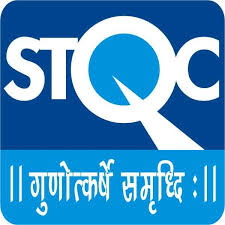Menu
- Home
- About Us
- India - Eastern China
- Consular & Visa Services
- Trade & Commerce
- Registration for Commercial Attestation
- Exhibitions & New Policies
- Advisory for Indian Traders and Business Delegates Participating in Trade Fairs in China
- Commercial Representative
- Trade Fairs in Eastern China
- Trade Fairs in India
- Services for Chinese Companies
- Services for Indian Companies
- Trade Disputes
- Policies & Procedures in India
- Import/Export and Verification of Company
- Useful Weblinks in Eastern China
- Information & Culture
- E-Citizen / Tenders
- Useful Links
- Feedback/Comments







